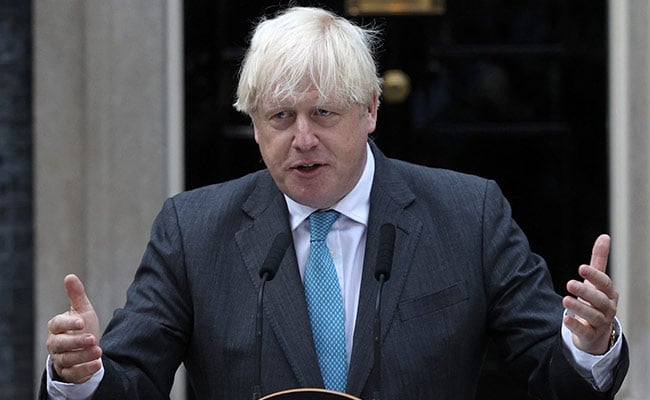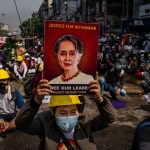By Keith Flett
The latest offensive by Keir Starmer and those around him to marginalise the left in the Labour Party has captured media headlines, and of course, the full approval of the Rupert Murdoch-owned Times.
Starmer, whose grasp of the dynamics of capitalism does not appear to be significant, most likely does not understand that it is the market system itself that creates the material conditions for a political left, seeking to focus ways of changing it. A left politics cannot simply be purged out of existence.
How that presents itself politically can vary, but we are coming up to the anniversary of the events that led to the formation of the first ever minority Labour government on January 22 1924.
At the December 1923 election Labour had emerged as the largest opposition party and the Liberals supported Ramsay MacDonald as prime minister. That set off a further sequence of events against the backdrop of growing economic and political crisis that led to the 1931 national government, led also by MacDonald.
Numbers of Labour MPs joined with the Tories, as did some Liberals. It was a moment of reconfiguration of British politics as the National Liberals in effect disappeared into the Tory Party and with that the Liberal Party as a significant party of the ruling class and government.
Labour at the grassroots remained independent and by 1945 had won a landslide election victory. The current period is another one of likely reconfiguration in British politics, albeit without some form of proportional voting system it may arguably be limited. The reconfiguration is perhaps more likely on the right than the left and hence not much commented on in a largely right-wing media.
What coverage there is tends to focus on what Boris Johnson is up to, whether he will remain as an MP, and whether he has any chance of being Tory leader again. The reality is that Johnson’s main interest is not the future of the country or the Tory Party, but himself and his finances.
Tory membership, around 180,000, is in the main not young, and mostly more reactionary than Tory MPs, difficult though this may be to countenance. The current Tory leader Rishi Sunak was appointed rather than elected after the brief debacle of Liz Truss’s premiership. This has led to calls for the Tory Party to be democratised and for grassroots members to have more say. Behind that demand lies the dislike that some Tory supporters have for Sunak.
His ethnicity may be an issue for them but the key thing is that they think, despite his small boats policy, he is not right-wing enough. Their preference would be for Johnson to return or if that won’t work, the hard-right politics of Suella Braverman.
Hardcore Brexiteer Tory MPs, under the European Research Group label, were marginalised when Sunak won a vote on the Windsor Framework on relations between the EU and Northern Ireland.
But there is a wider organisation — the Conservative Democratic Organisation — and this has the backing of figures like Priti Patel, Jacob Rees Mogg and Nadine Dorries. They plan to hold a conference in Bournemouth after the May local elections, where results are thought likely to be poor for the Tories.
While the left rightly has a focus on Starmer, in reality widening splits in the Tory Party present opportunities to push home battles around the cost of living, jobs and wages. It’s a reminder that before Labour was formed in 1900, unions and working people were able to get change through Parliament often by exploiting ruling-class crisis. (IPA Service)
Courtesy: Morning Star

 India Govt Must Oppose Dissolution Of SuuKyi’s Party By Myanmar Junta
India Govt Must Oppose Dissolution Of SuuKyi’s Party By Myanmar Junta 